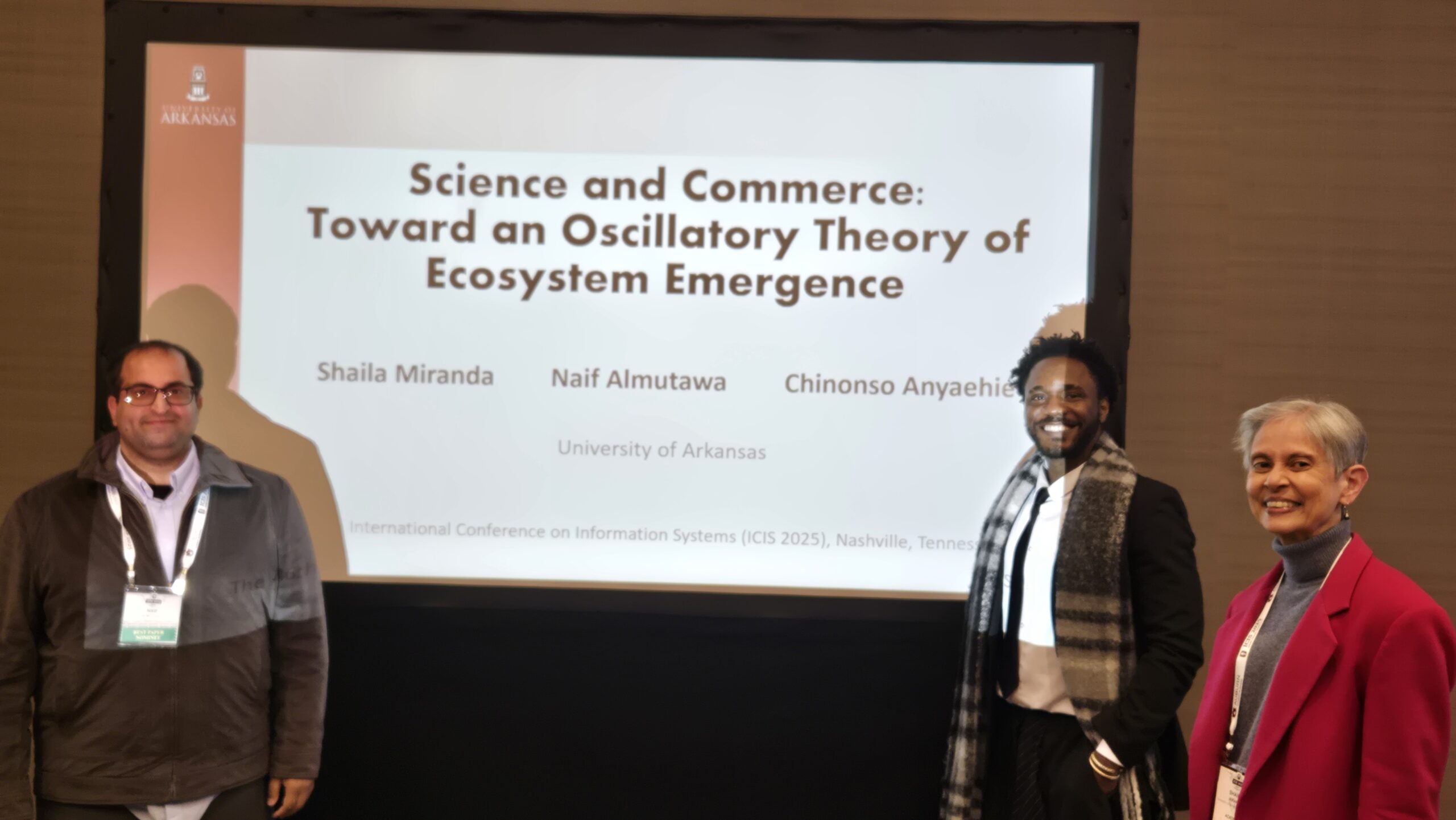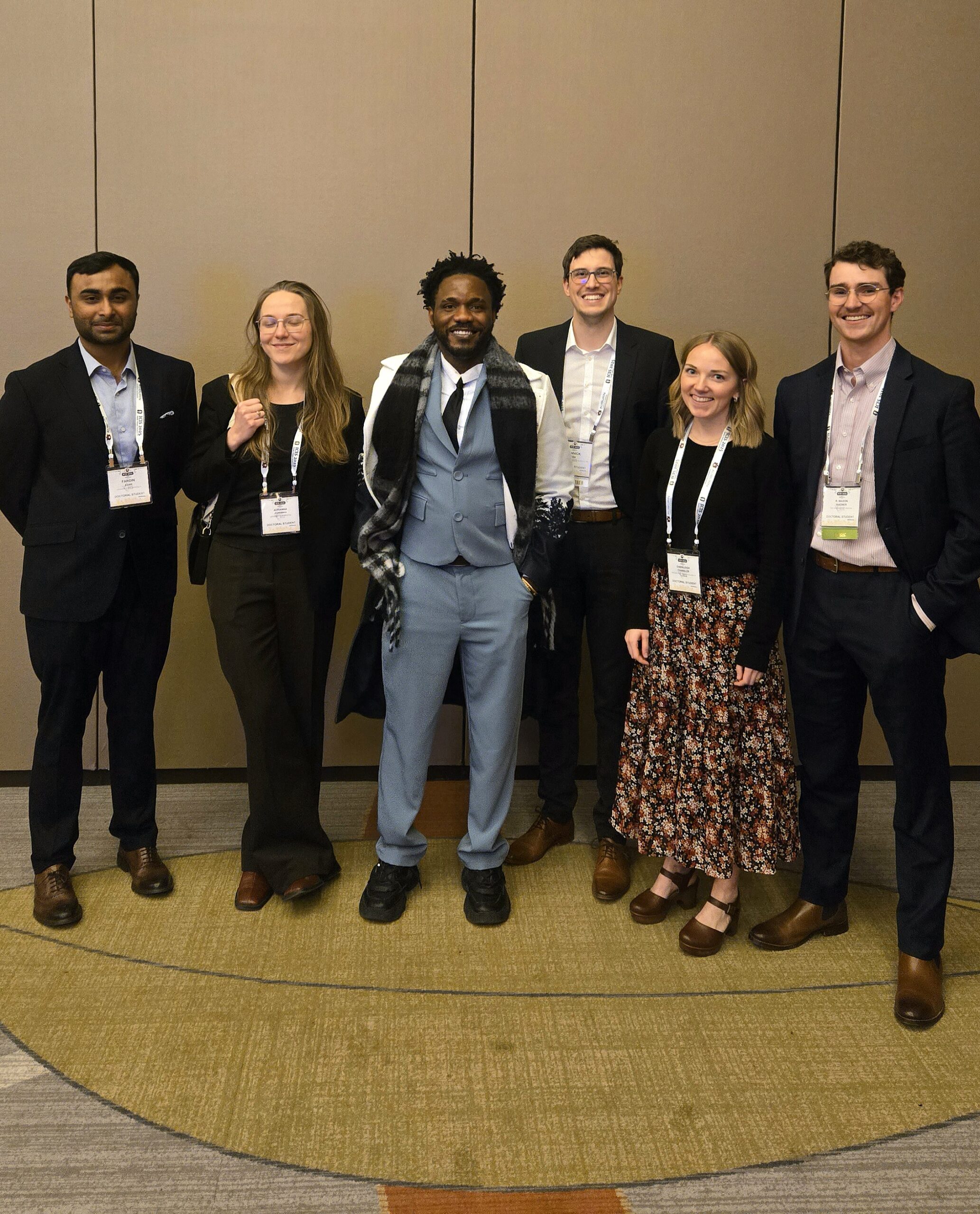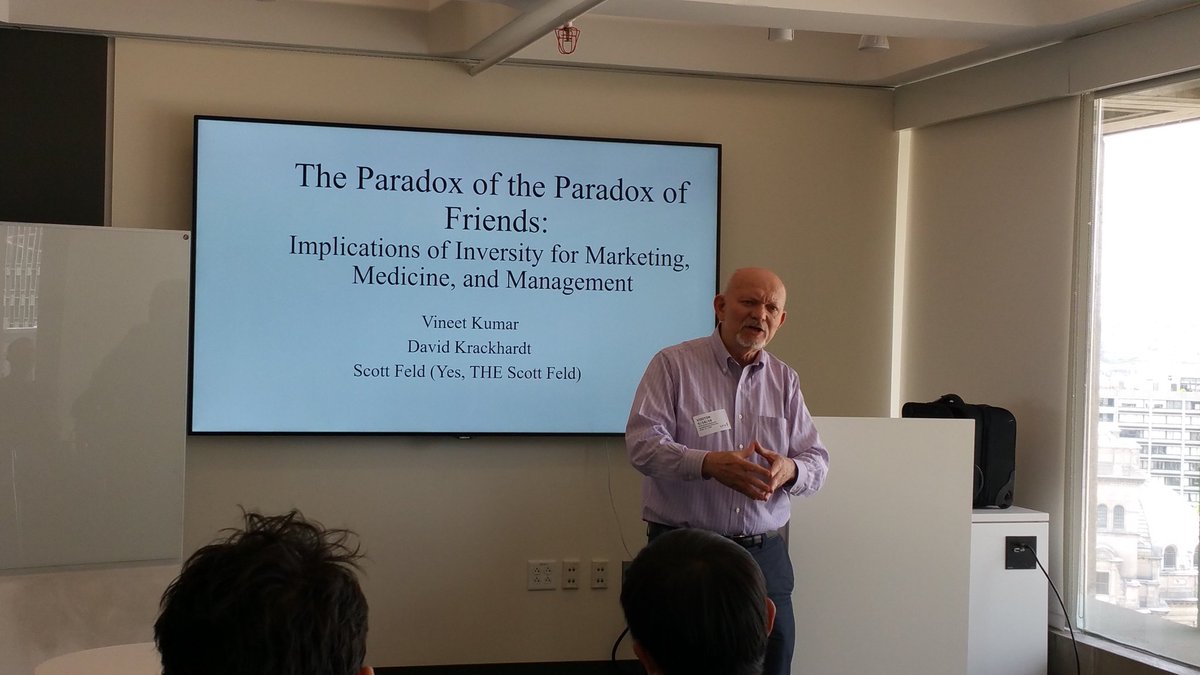- David Krackhardt
This paper by David Krackhardt challenges and expands on Mark Granovetter’s “The Strength of Weak Ties” theory in several key ways. It highlights ambiguity in Granovetter’s definition and measurement of tie strength. Krackhardt introduces the concept of “philos” (Greek for friend) to describe a particular type of strong tie. A philos relationship has three necessary conditions:
1. Interaction: Frequent communication between parties
2. Affection: Positive feelings or liking between parties
3. Time: A history of interactions over an extended period
These components combine to create trust, which is crucial in organizational dynamics.
Etic vs. Emic Definitions
The paper distinguishes between:
- Philos: An etic (theoretical) construct with precise meaning
- Friend: An emic (folk) concept, which is used as an estimate of philos in the study
Methodology:
The study focuses on a small entrepreneurial firm called Silicon Systems during a union certification campaign. It examines two types of strong ties:
- 1. Advice network: Work-related interactions
- 2. Friendship network: Philos-type relationships
Data was collected through questionnaires and interviews with key informants.Network Analysis
The paper uses several network analysis concepts:
- Actual Network: Agreed-upon relationships between individuals
- Perceived Network: An individual’s perception of the network
- Cognitive Accuracy: How well an individual’s perception matches the actual network
Centrality Measures: Including degree centrality and betweenness centrality
Case Study Findings
The study revealed that:
- Philos relationships were crucial in the union certification process
- Strong ties with affective components (friendships) played a more significant role than purely work-related strong ties (advice relationships)
- Individuals with high cognitive accuracy of the network structure had more influence in the political process
Implications
The paper argues that:
- Strong ties, particularly philos relationships, are critical during times of organizational change and uncertainty
- The affective component of relationships is essential in generating trust and discouraging malfeasance
- Understanding the informal network structure can provide a political advantage in organizational settings
Conclusion
Krackhardt’s work emphasizes the importance of strong, affective ties in organizational dynamics, especially during periods of change. It challenges the notion that weak ties are always more valuable and highlights the need to consider the psychological aspects of relationships in network analysis.
This paper contributes to organizational network theory by providing a nuanced view of strong ties and their role in organizational change processes.
Krackhardt-1992









Leave a Reply